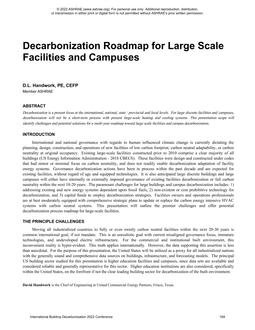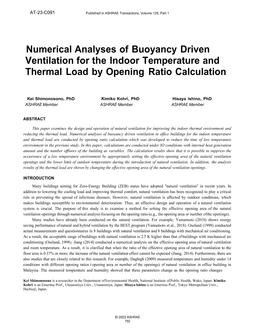
C052 — Pre- and Post-renovation Monitoring with Data Analysis as a Means to Determine Reasons for Performance Gaps
Click here to purchase
A significant fraction of current building activity in Europe is with renovation of the existing building stock. It is a well-known challenge that the realized energy performance and indoor climate of renovated buildings deviate from what was expected from the design of the renovation. Reasons may lie in poor technical performance of the renovated building envelope parts, such as failures in thermal insulation, leaks, unforeseen thermal bridges, poor workmanship, or insufficient performance of the delivered products. Deviations may also occur with the performance of the building services systems, and most notably with its operation and control. Finally, the influence from occupants of the buildings can be at least as decisive as the technical reasons related to the building products. The paper will outline a methodology whereby it is possible by use of frequently monitored data of energy use for heating, along with measurements of the indoor and outdoor environments to determine the main reasons for possible performance gaps. Key elements to the methodology are frequent measurements, few data points, time series analysis and mathematical modelling. So-called white-, black- or grey-box modelling techniques can be employed to distill the desired performance variables and explain the realized performance. This may in turn lead to guidelines on which technical issues should be rectified, if needed, or as input to feedback to occupants and caretakers that may guide them. The paper will outline the methodology and show examples of use. The method was developed as part of the project REBUS, “Renovating buildings sustainably” where social housing was used as case buildings for demonstration.
Product Details
- Published:
- 2022
- Number of Pages:
- 10
- Units of Measure:
- Dual
- Product Code(s):
- DBldgsXV-C052

